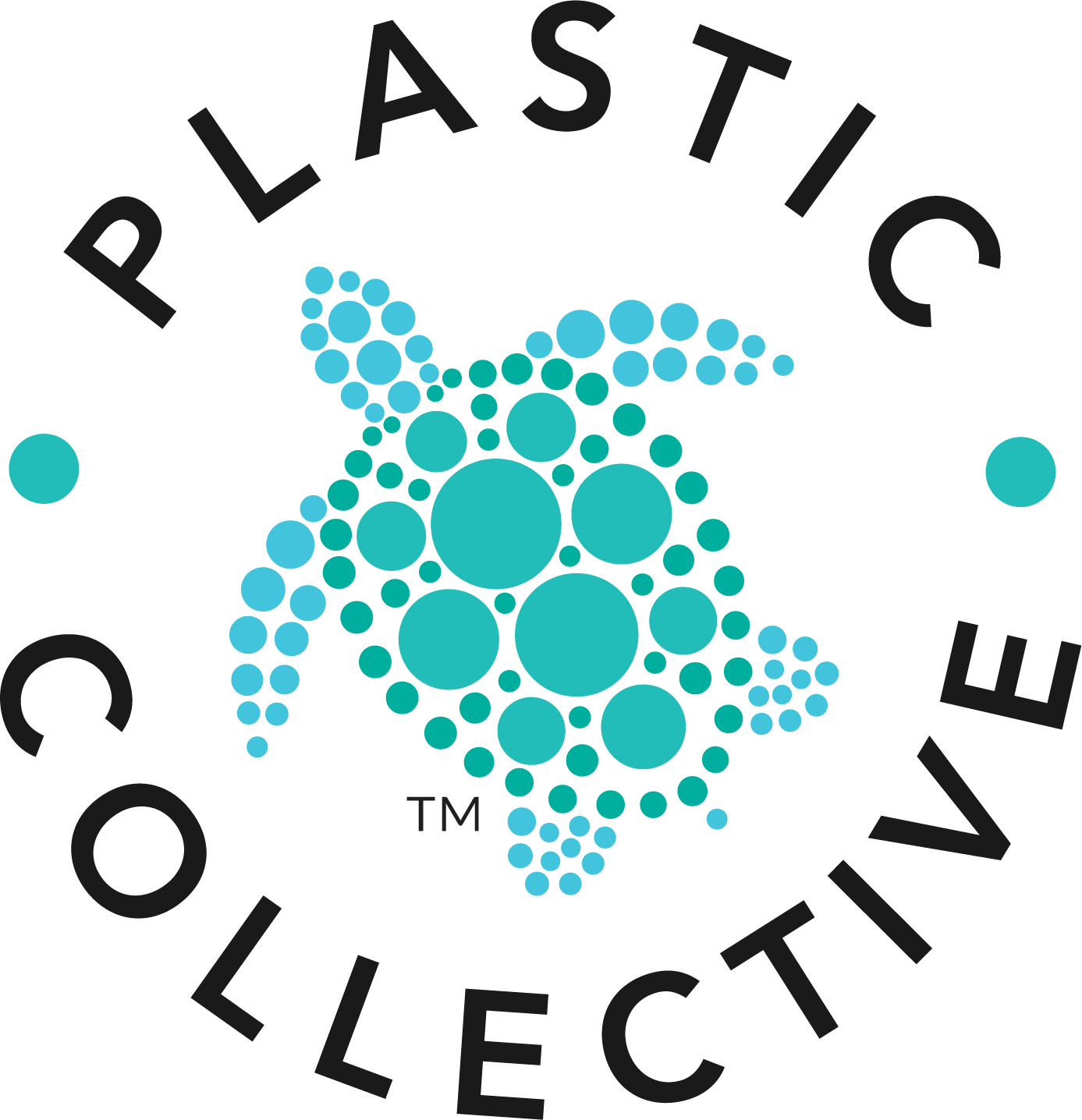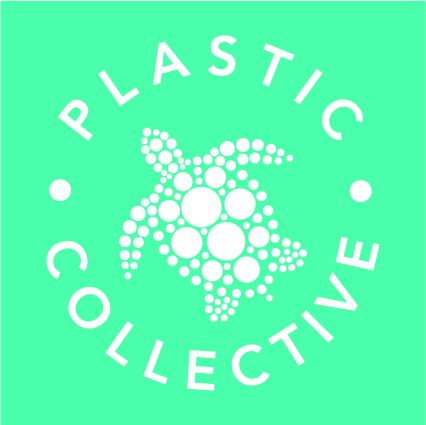Global Partnership on Plastic Pollution & Marine Litter (GPML)
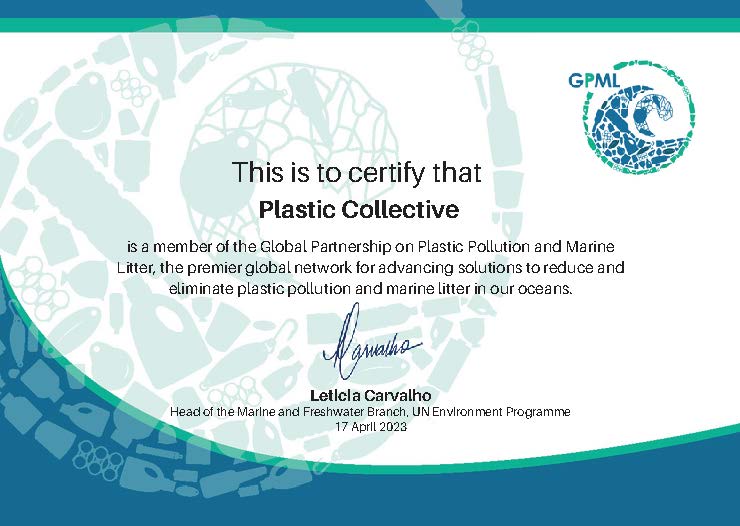
Recently (in April 2023) we proudly became an official member of the Global Partnership on Plastic Pollution and Marine Litter (GPML), a multi-stakeholder partnership working together to find solutions to prevent marine litter and plastic pollution. This global platform facilitates cooperation between diverse stakeholders including governments, intergovernmental organisations, regional bodies, private and civil sectors and academic institutions. Launched at the United Nations conference on Sustainable Development (Rio +20) in June 2012, the mission of the GPML is to “protect the global marine environment, human well-being and animal welfare by addressing the global problem of marine litter and plastic pollution”.
In 11 years, GPML has created a network of 2558 partners, which include 183 Governments, 1282 Organisations and 1092 individuals, crossing over 16 sectors in 5 global regions. The partnership platform is multifaceted, primarily focusing on two SDG’s (Sustainable Development Goals), SDG 14.1 Marine Pollution: “prevent and significantly reduce marine pollution of all kinds, particularly from land-based activities, including marine debris and nutrient pollution, and SDG 17; Global partnerships for Sustainable Development.
The development of various organisations and networks can be seen below, since the 1970’s to present day that now contribute to multiple collaborative programs in various regional areas:
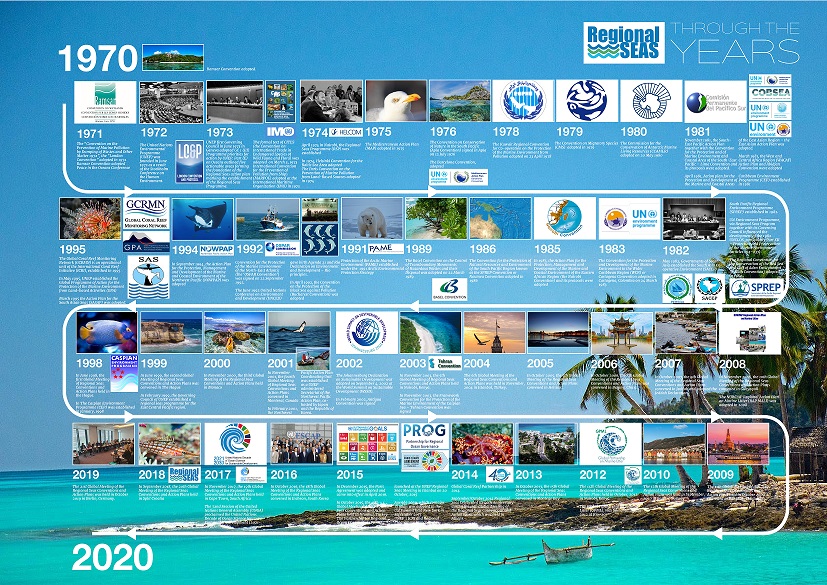
GPML have specific objectives to “reduce plastic leakage into the ocean through improved design; the application of the ‘3R’s’ principle (reduce, reuse and recycle); encouraging ‘closed-loop’ systems and more circular production cycles; and maximising resource efficiency and minimising waste generation”- this is exactly what we are about also, great match!
The GPML global network incorporates 5 Regional ‘Nodes’ which coordinate over 18 marine litter Action Plans, with 11 regional seas represented. The 5 Regional Nodes include:
GPML have specific objectives to “reduce plastic leakage into the ocean through improved design; the application of the ‘3R’s’ principle (reduce, reuse and recycle); encouraging ‘closed-loop’ systems and more circular production cycles; and maximising resource efficiency and minimising waste generation”- this is exactly what we are about also, great match!
The GPML global network incorporates 5 Regional ‘Nodes’ which coordinate over 18 marine litter Action Plans, with 11 regional seas represented. The 5 Regional Nodes include:
Mediterranean Node
– the first Regional Seas Programme to be established was the Mediterranean Action Plan (UNEP MAP) in 1975, which guided the way other sea programs were developed. In 2013, the UNEP MAP became the first Regional Seas Program to implement a legally-binding Regional Plan on Marine Litter Management, including closing illegal dumpsites, providing clear guidelines for the waste hierarchy and many other important measures aimed at preventing marine pollution.
COBSEA
– Coordinating Body on the Seas of East Asia (COBSEA) oversees the East Asian Seas Action Plan (initially adopted in 1981). COBSEA joins nine countries (Cambodia, People’s Republic of China, Indonesia, Republic of Korea, Malaysia, Philippines, Thailand, Singapore and VietNam). In 1993, the partner countries established the Regional Coordinating Unit for the Action Plan with the Secretariat for COBSEA administered by UNEP and hosted in Thailand.
The Pacific Node
– Hosted by SPREP (Secretariat of the Pacific Environmental Programme), which was setup in 1993 with HQ in Samoa, and represents the Pacific Island states including Cook Islands, Federated States of Micronesia, Fiji, Kiribati, Nauru, Niue, Palau, Papua New Guinea, Republic of the Marshall Islands, Samoa, Solomon Islands, Tonga, Tuvalu, Vanuatu and Wallis & Futuna and five metropolitan countries (Australia, France, New Zealand, United Kingdom and United States of America) with direct interests in the region. SPREP led programs such as POLP (Pacific Ocean Litter Project) a 6 year project (2019-2026) in partnership with Australia.
South Asia Node
– In 1981 the South Asia Co-operative Environmental Programme (SACEP) was established as an intergovernmental organisation by 5 marine countries of South Asia including Bangladesh, India, Pakistan, Maldives and Sri-Lanka, and 3 land-locked countries Afghanistan, Bhutan and Nepal who have rivers that drain into the South Asia seas. A number of programs have been developed including; Biodiversity Conservation, Sustainable Consumption and Production, Air, land and water pollution with trans-boundary implications, Climate Change, and Environmental Planning, Policy and Law.
Northwest Pacific Node
– In 1994, four countries including People’s Republic of China, Japan, Republic of Korea and the Russian Federation adopted the Northwest Pacific Action Plan (NOWPAP) for the wise use, development and management of the coastal marine and environment of the Northwest Pacific Region. NOWPAP runs various regional activity centres including pollution monitoring, coastal assessments, marine environmental emergencies and other activities.
Wider Caribbean Node
– The most recently developed Marine Action Plan, launched in 2016, is the Wider Caribbean Regional Node for Marine Litter Management (GPML-Caribe), which incorporates government, non-government organisations, academia and various agencies, and is hosted by the Gulf and Caribbean Fisheries Institute (GCFI) a not-for-profit organisation which was originally established in 1947. The vision of GPML-Caribe is a ‘healthy Caribbean Sea without risk of marine litter’. This builds on the previous Caribbean Environment Programme (CEP) established by UN Environment in 1981 which led to the adoption of Cartagena Convention – a regional binding treaty between 26 Caribbean countries to promote the protection and development of the marine environment.
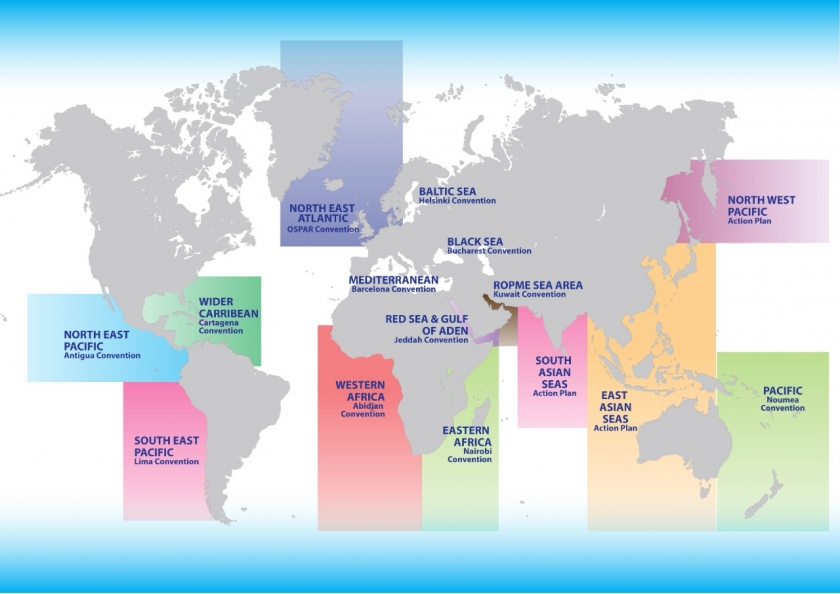
Around the world, these regional nodes are providing tools, resources and legally binding action plans to make positive changes to keep the global oceans healthy. By addressing marine pollution and other important issues, everyone can be involved in local solutions. Wherever you live, we encourage you to click on any of the links above for your regional node and see what is happening in your area. You may also consider joining the Global Partnership on Marine Litter – for Individuals, or as Organisations – as we have, As collaboration, education and action for Planetary Health and sustainable clean oceans is absolutely essential.
Learn more about the Global Partnership and Regional Action Plans here
Plus, read the GPML report on ‘Addressing Marine Plastics: A systematic approach’
